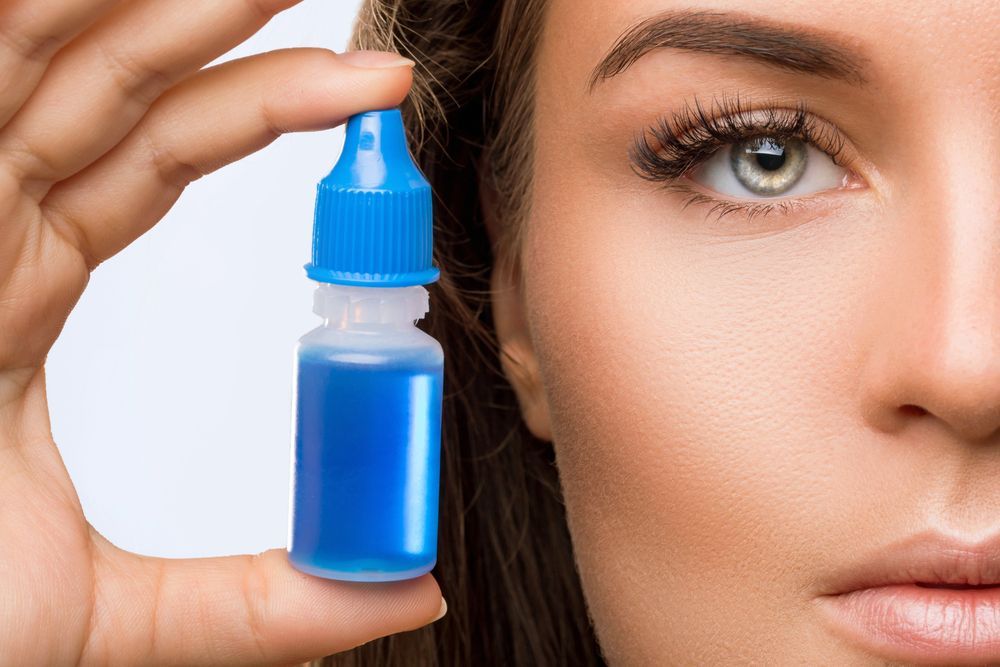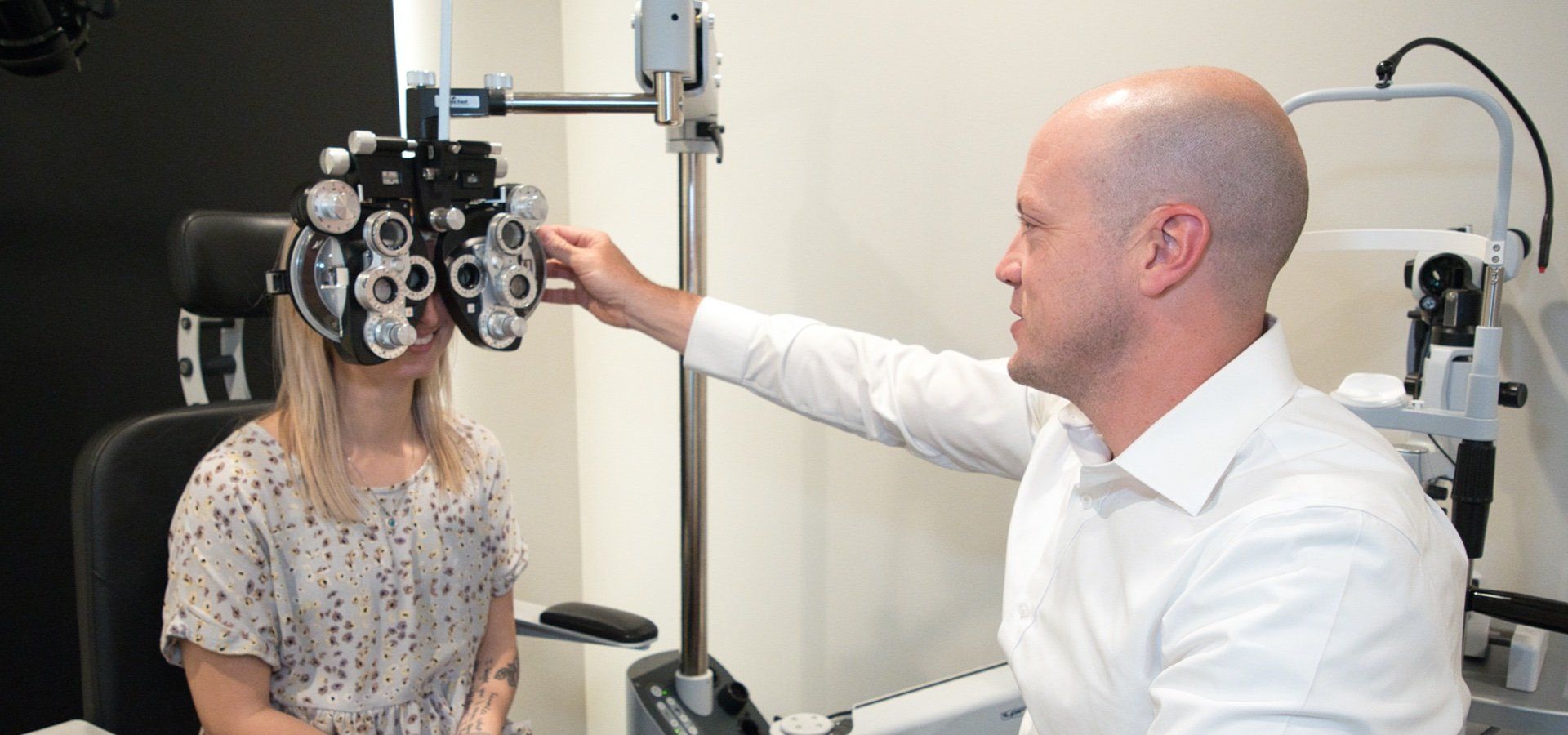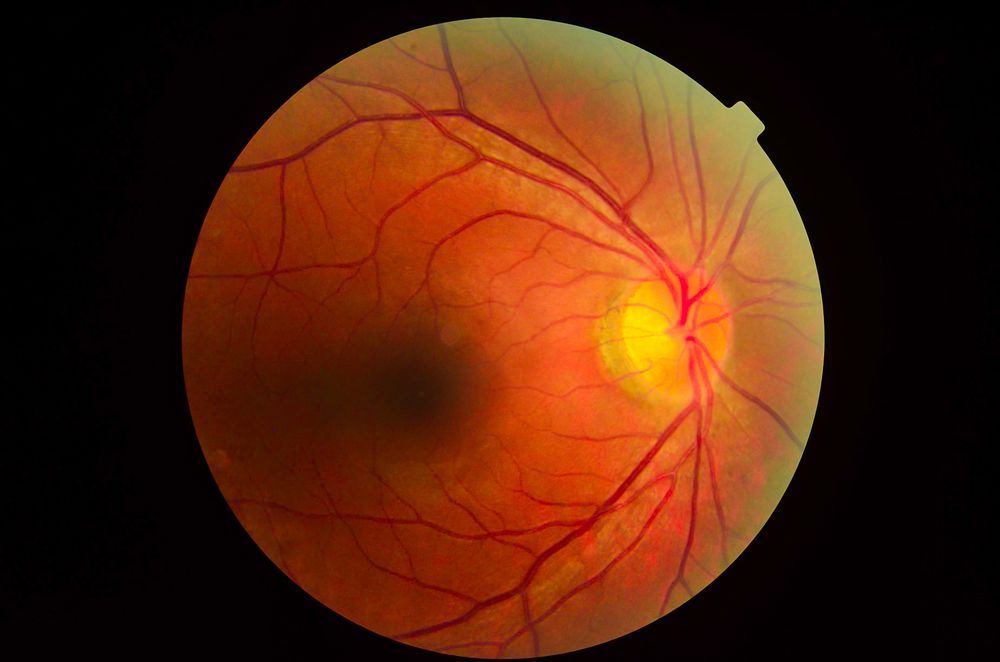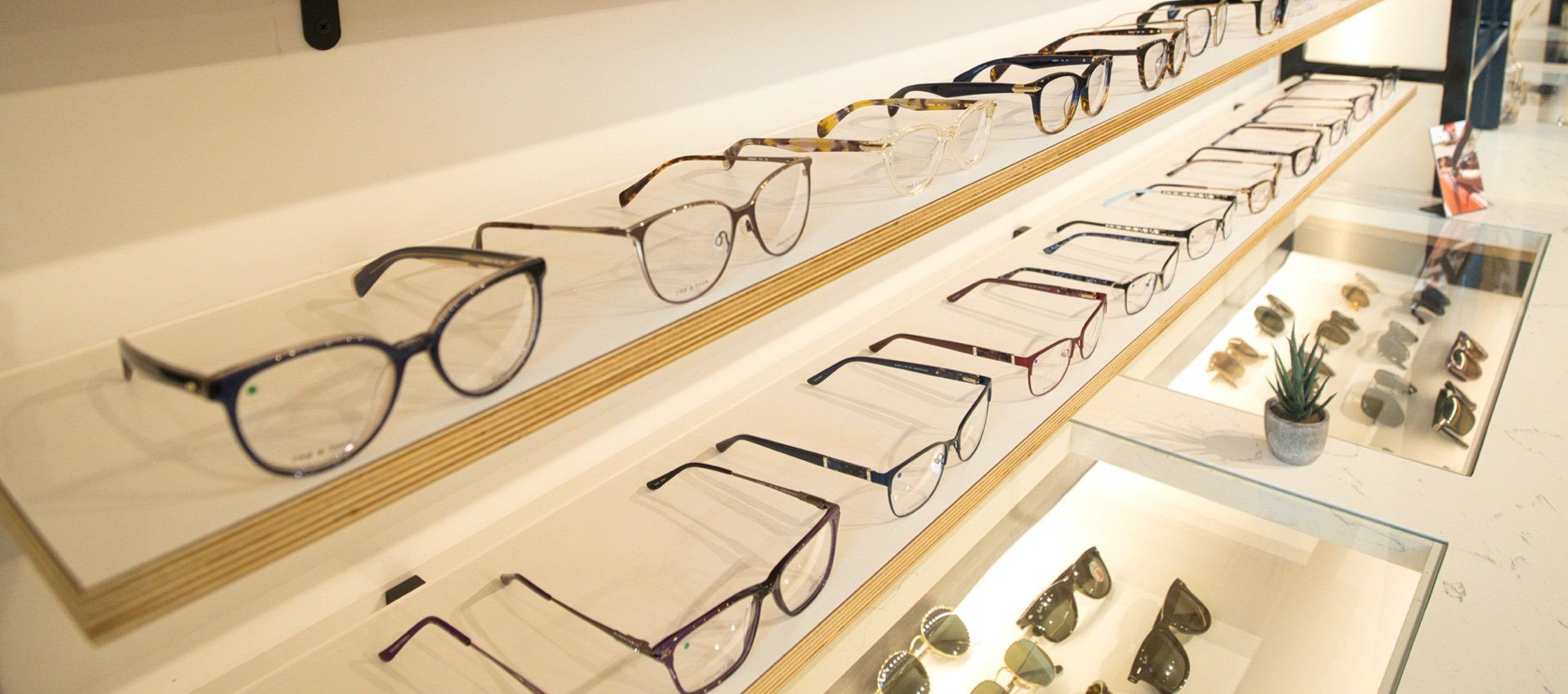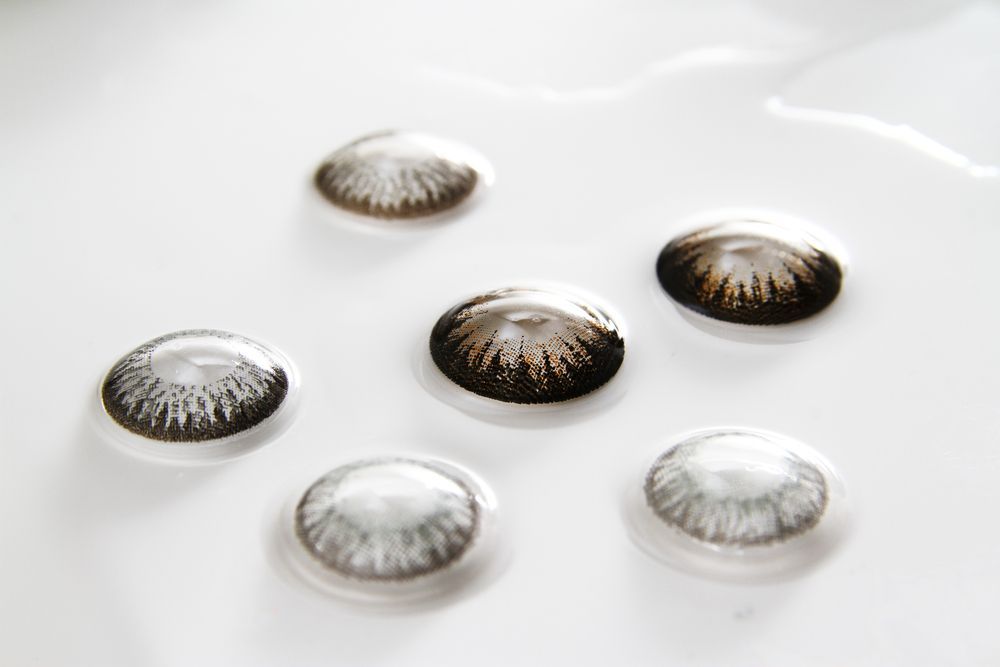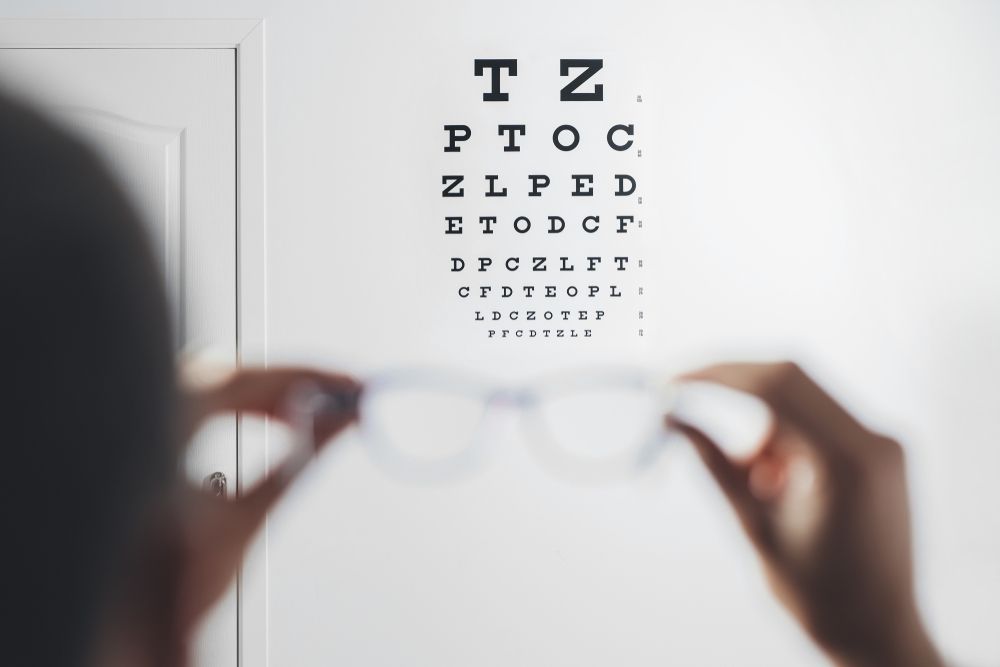Are You Using Your Eye Drops Correctly?
Eye drops can be a very helpful way to treat certain eye conditions, such as dry eye or glaucoma. However, it is important to use them safely to avoid potential complications such as infections.
When it comes to over the counter (OTC) eye drops, there are two main types: those with preservatives and those without. Preservatives are added to eye drops to prevent bacterial growth and to extend the shelf life of the drops. Some people are sensitive to the preservatives, and, in some cases, prolonged use of preserved eye drops can cause dryness or irritation. If you use OTC eye drops frequently, it's a good idea to choose ones without preservatives. However, if you only use them occasionally, you should be fine using ones with preservatives.
Non-preserved eye drops do not contain any preservatives and have a shorter shelf life. These drops may need to be discarded after a specific amount of time or even after a single use. It's important to follow the manufacturer’s instructions carefully to ensure the safety and effectiveness of this type of eye drop.
Prescription eye drops are generally used for more serious eye conditions, and they are usually only available with preservatives. If you are using prescription eye drops, it's important to follow your doctor's instructions carefully.
One common mistake people make when using eye drops is touching the dropper tip to their eye or eyelid. This can contaminate the dropper and potentially lead to an infection. To avoid this, make sure to hold the dropper away from your eye and carefully squeeze out a drop. Also, be sure to wash your hands before and after using eye drops to prevent the spread of germs.
Patients with specific eye conditions or medical histories should talk to their doctor at Blake Bush Family Eye Care before using eye drops, as certain drops may not be safe or effective for them. For example, some drops can increase eye pressure in patients with glaucoma.
Proper storage of eye drops is also important. Store them in a cool, dry place, and make sure to keep the bottle tightly closed when not in use. Eye drops can also expire, so check the expiration date before using them.
If you have any questions or concerns about using eye drops or if you experience any side effects from either OTC or prescription eye drops (such as stinging or redness), stop using the drops and contact our office. We are here to help you use your drops safely and effectively.

